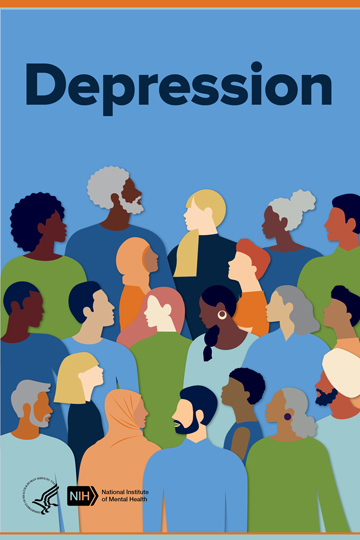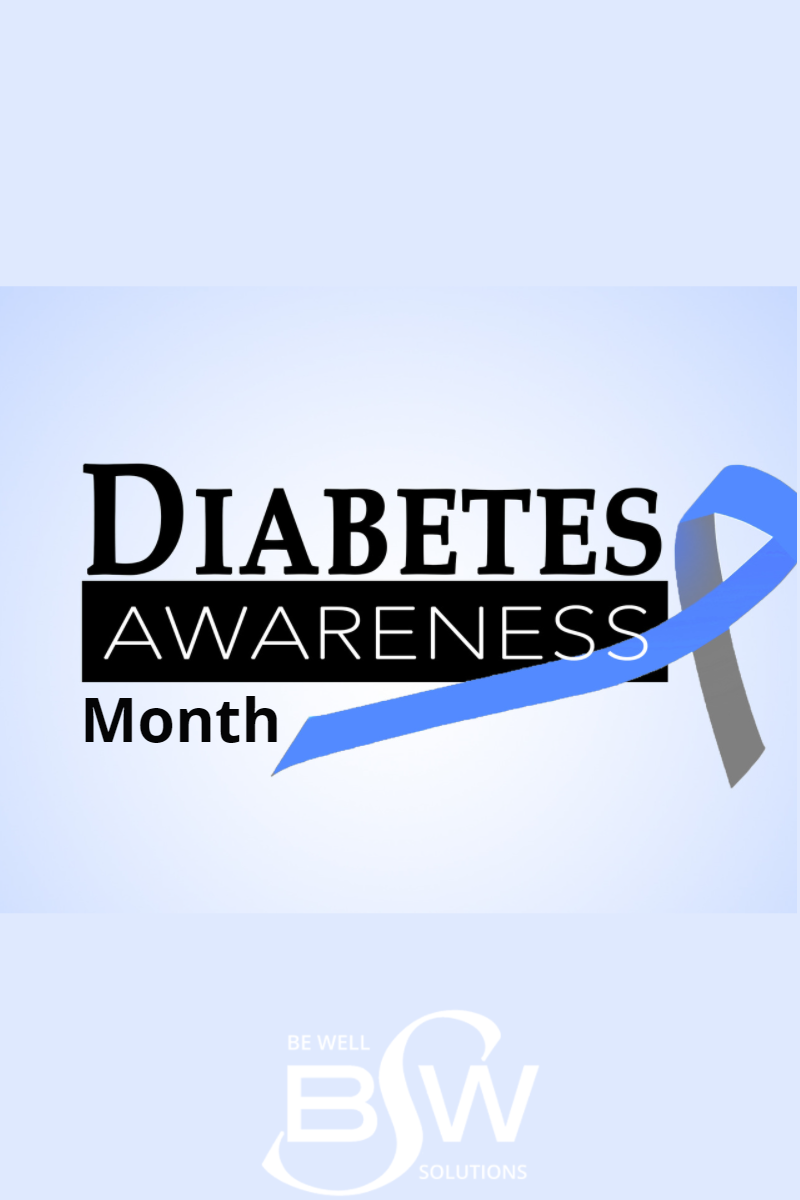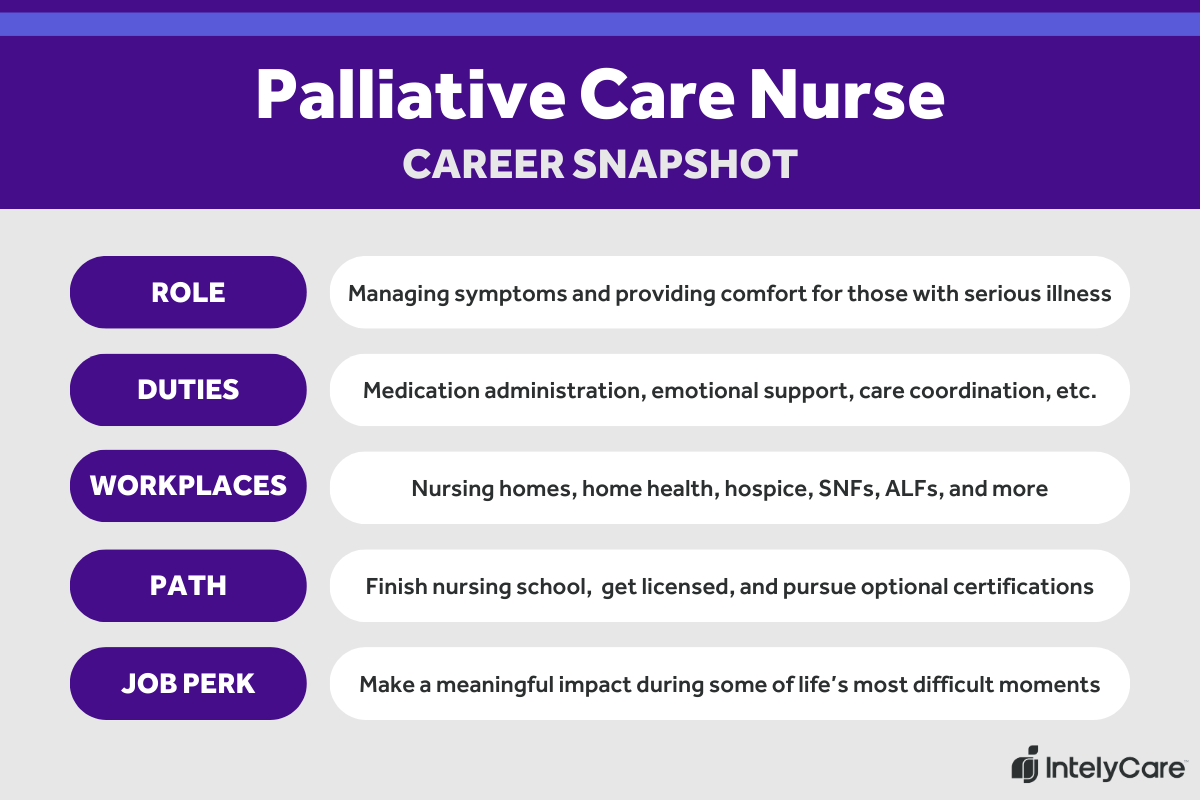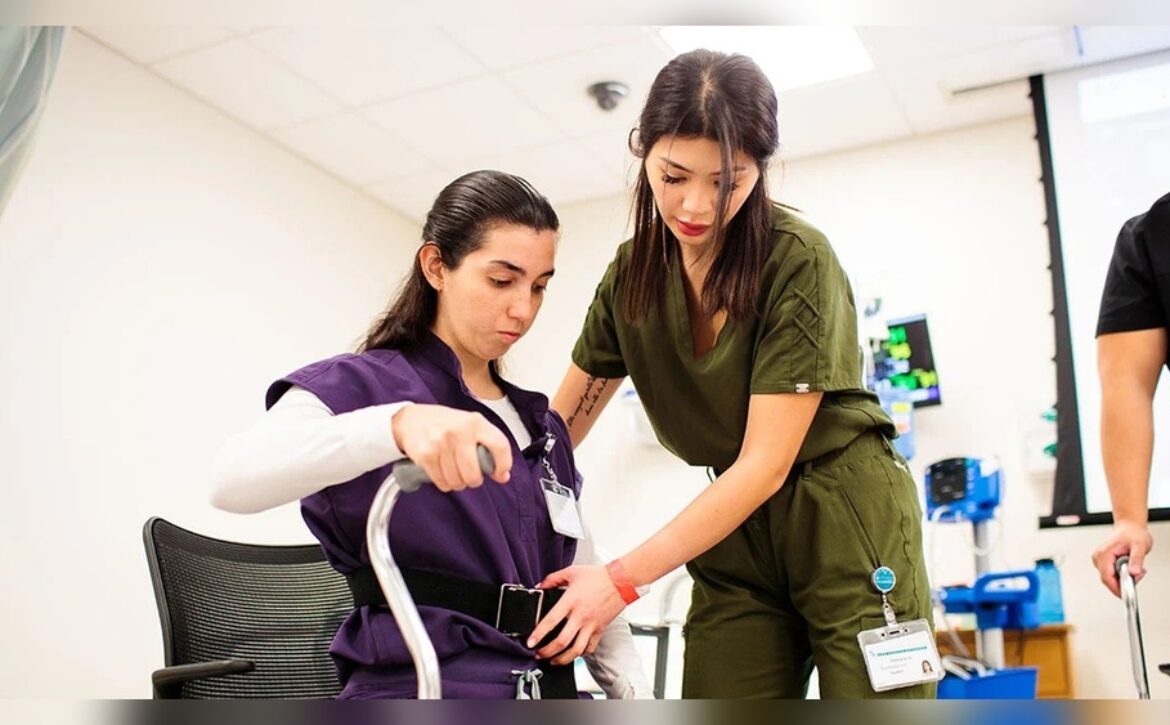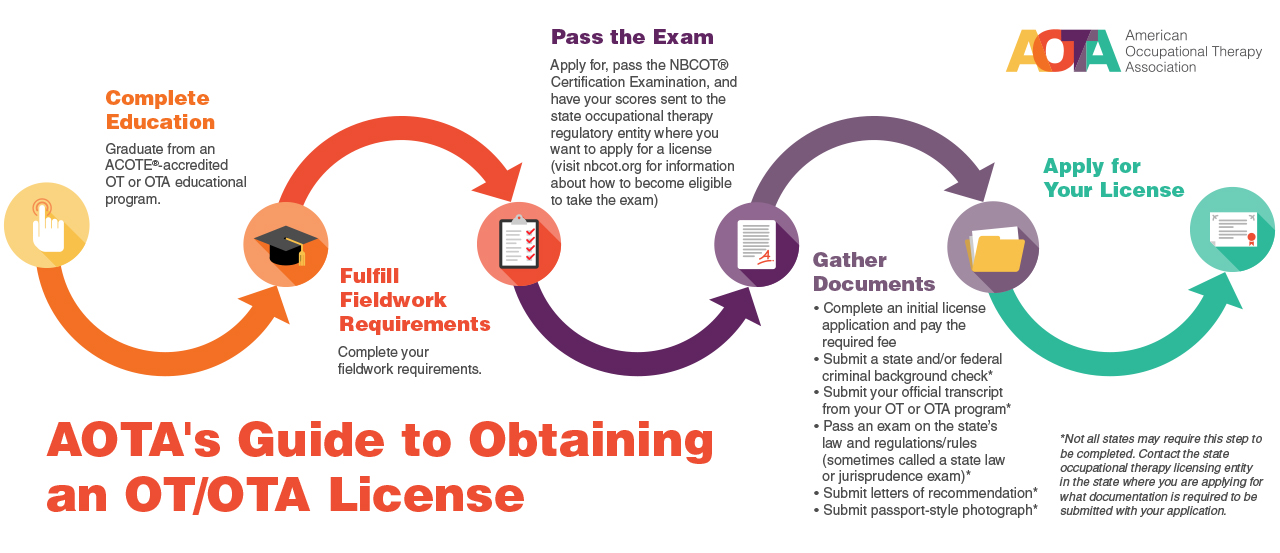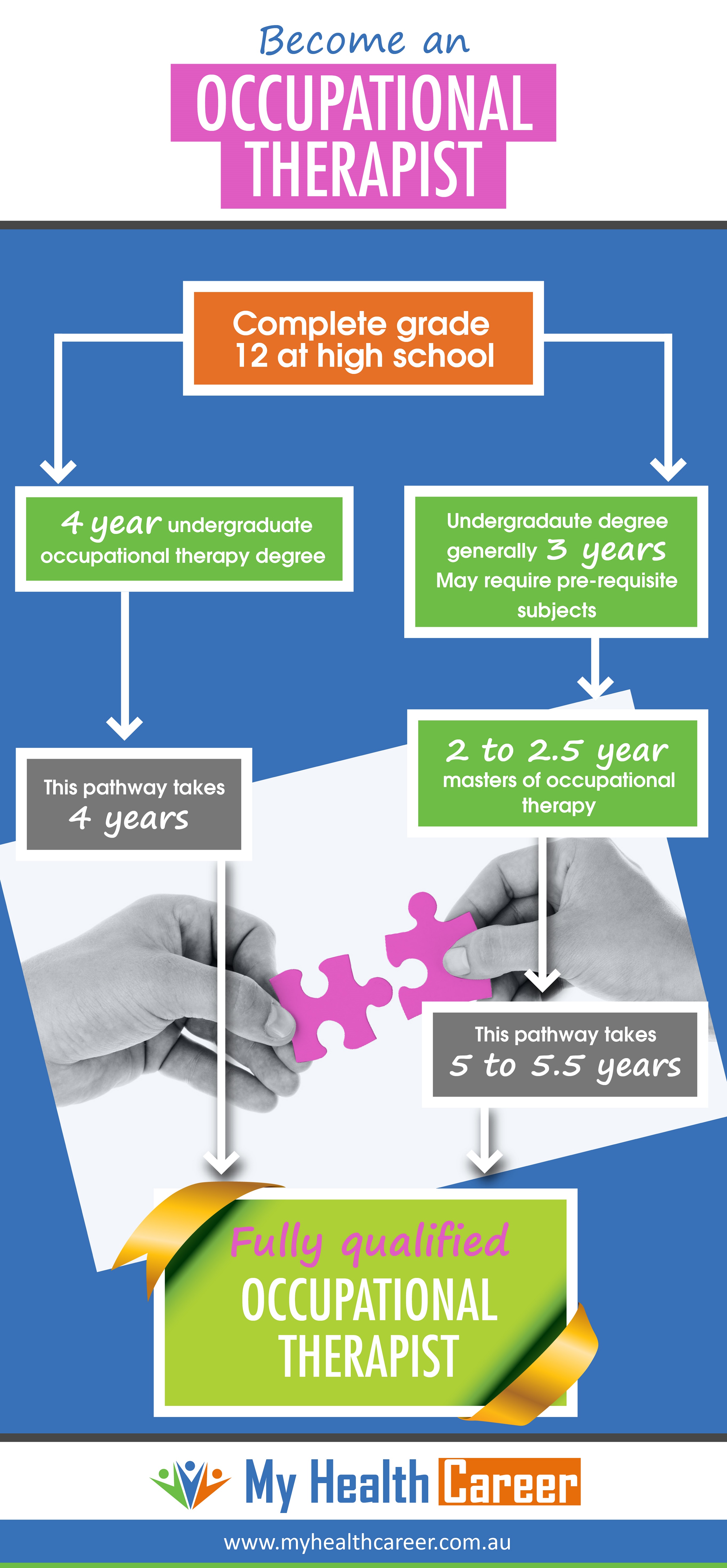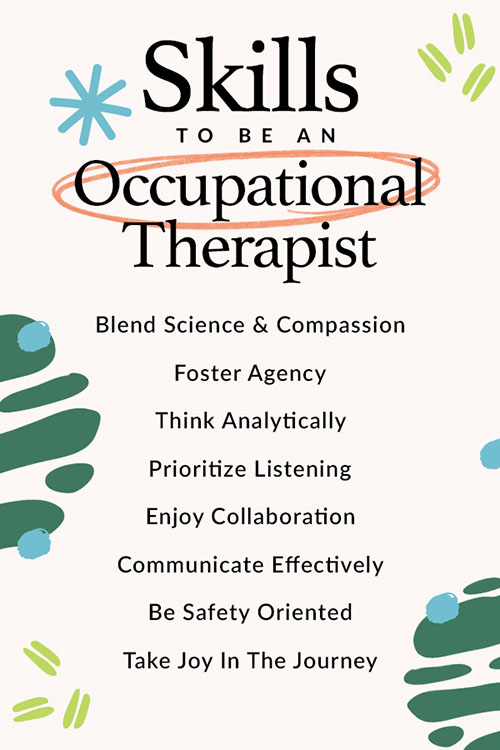How to Become a Dog Grooming Course Expert: Top Tips
Imagine turning your passion for dogs into a rewarding career. Becoming a dog groomer allows you to combine your love for animals with a skill that can open doors to exciting opportunities.
You might have wondered how to start this journey, and the answer lies in enrolling in a dog grooming course. This guide is here to help you navigate the path to becoming a professional dog groomer. You’ll discover the steps you need to take, the skills you’ll gain, and how this career can transform your life.
Stick around, and you’ll learn everything you need to know to get started. Your dream job is closer than you think, and it all begins with the right course. Dive in to find out how you can make it happen.
Choosing The Right Dog Grooming Course
Choosing the right dog grooming course involves understanding what each program offers. Consider course content, duration, and hands-on experience. Research accredited institutions to ensure quality training and job opportunities.
Choosing the right dog grooming course is a crucial step in your journey to becoming a skilled groomer. With so many options available, it can feel overwhelming to decide which course will best suit your needs and career goals. It’s important to consider various factors, such as accreditation, learning format, and personal preferences, to ensure you’re making the best investment in your future.
Accredited Programs
When selecting a dog grooming course, look for accredited programs. Accreditation ensures the course meets industry standards and provides quality education. It also adds credibility to your qualifications, which can be beneficial when seeking employment or starting your own business. Accredited programs often have experienced instructors and comprehensive curriculums. These programs typically cover essential skills like bathing, clipping, and styling different breeds. Some also offer modules on handling difficult dogs and maintaining grooming tools. Checking for accreditation might seem like a tedious task, but it’s worth the effort. It can make the difference between a mediocre education and a valuable learning experience. Plus, it can give you an edge in the competitive grooming industry.
Online Vs. In-person
Deciding between an online or in-person course depends on your learning style and schedule. Online courses offer flexibility, allowing you to learn at your own pace and fit your studies around other commitments. They often provide video tutorials and virtual feedback, making it easier to revisit difficult topics. In-person courses, on the other hand, offer hands-on experience, which is invaluable in a practical field like dog grooming. You get real-time feedback and can practice your skills under the guidance of an expert. This immediate support can boost your confidence and help you master tricky techniques more quickly. Consider what works best for you. Are you disciplined enough to study online, or do you thrive in a classroom setting? Reflect on your preferences and select a course that aligns with your lifestyle.
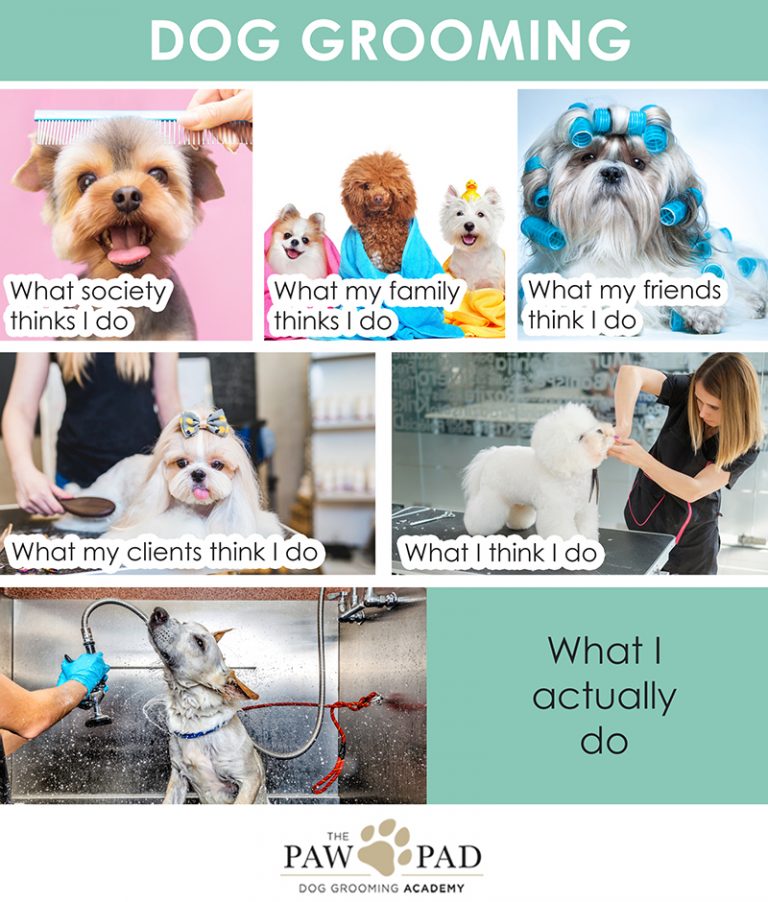
Essential Skills For Dog Groomers
Embarking on a career in dog grooming requires mastering essential skills. These skills ensure every dog receives top-notch care. From handling techniques to understanding breeds, each skill is crucial. They form the foundation of a successful grooming practice.
Animal Handling Techniques
Animal handling is a vital skill for groomers. Dogs need gentle and firm handling. This builds trust and ensures safety during grooming. Calm and confident movements reduce stress for the dog. Effective communication with the dog is key. It involves body language and verbal cues. Proper handling techniques prevent accidents. They also create a positive grooming experience.
Understanding Dog Breeds
Knowing different dog breeds is essential. Each breed has unique grooming needs. Some breeds require specific haircut styles. Others have special coat care requirements. Understanding breeds helps in choosing the right grooming tools. It also assists in identifying skin conditions common to certain breeds. Breed knowledge enhances grooming precision. It ensures tailored care for every dog.
Building A Grooming Kit
Creating a grooming kit involves gathering essential tools for a dog grooming course. Brushes, combs, scissors, and nail clippers are fundamental. These tools ensure dogs are well-groomed and healthy, enhancing your skills in professional dog care.
Building a Grooming Kit Embarking on a dog grooming course is an exciting journey. One of the first steps is creating a grooming kit that meets all your needs. This kit is your toolbox, and having the right items can make a world of difference in your grooming experience.
Must-have Tools
Your grooming kit should include essential tools like brushes, combs, clippers, and scissors. Brushes and combs help maintain a dog’s coat, keeping it shiny and free from tangles. Clippers and scissors are crucial for trimming hair and nails efficiently. Consider investing in high-quality clippers with adjustable settings. They offer versatility for different coat types and ensure a smoother grooming process. The right tools can be a game-changer in your grooming journey.
Safety Equipment
Safety should be your top priority when grooming dogs. Equip your kit with safety gear such as grooming gloves and muzzles. Gloves protect your hands from sharp nails and potential bites. Muzzles can calm nervous dogs, reducing the risk of unexpected bites. It’s also wise to have a first-aid kit handy. Accidents can happen even to the most experienced groomers. Being prepared ensures you can handle minor injuries swiftly and effectively. What’s your plan for ensuring safety in your grooming space? Building your grooming kit is more than just buying tools; it’s about creating a comfortable, safe environment for both you and the dogs. By carefully selecting your tools and safety equipment, you set the stage for a successful grooming experience.

Hands-on Experience
Hands-on experience is crucial in mastering dog grooming. It’s not just about theory; it’s about getting your hands dirty and understanding the nuances of grooming different breeds. Practical experience builds confidence and hones your skills, preparing you for the real-world challenges of dog grooming.
Internships And Volunteering
Internships offer a direct pathway to gain practical experience. Many grooming schools collaborate with local salons to provide students with internships. This is your chance to learn under seasoned professionals.
Volunteering at animal shelters is another great way to gain experience. Shelters often need help grooming dogs, providing you with real-world practice. You’ll get the chance to work with dogs of all sizes and temperaments, which is invaluable.
Think about how these experiences can shape your career. What unique insights can you gain from each dog you groom?
Networking Opportunities
Networking can open doors to new opportunities in dog grooming. Attend industry events and workshops to meet professionals. These connections can lead to job offers and mentorships that can boost your career.
Join online forums and social media groups dedicated to dog grooming. Engaging in these communities allows you to share experiences and learn from others. You might find tips that you wouldn’t learn in a classroom setting.
Have you considered how your network can help you find your next grooming gig or solve a tricky grooming challenge?
Staying Updated With Trends
Staying updated with trends is crucial for any dog grooming professional. The industry evolves rapidly, with new styles and techniques emerging constantly. Groomers must keep their skills current to meet client expectations. Staying informed ensures high-quality service and satisfaction. Let’s explore how you can stay updated with the latest in dog grooming.
Latest Styles And Techniques
Dog grooming styles change with seasons and fashion trends. Different breeds require specific grooming techniques. Knowing these can set you apart. Regularly read pet grooming magazines and blogs. Attend dog shows to observe professionals in action. Watching online videos can also introduce new styles. This continuous exposure helps you learn and adapt quickly.
Continuing Education
Invest in continuing education to refine your skills. Many organizations offer workshops and online courses. These programs cover advanced grooming techniques and tools. Networking with other professionals can also provide valuable insights. Joining grooming associations keeps you informed about the latest industry developments. These resources help maintain your expertise and credibility.
Marketing Your Skills
Marketing your skills is crucial to thriving in the dog grooming industry. You can be the best groomer around, but without effective marketing, potential clients might never know about your expertise. Let’s dive into two vital aspects of marketing: building a strong social media presence and creating a solid client base.
Social Media Presence
Social media is a powerful tool for showcasing your dog grooming skills. Start by creating engaging profiles on platforms like Instagram, Facebook, and TikTok. Share before-and-after photos of your work to grab attention and demonstrate your expertise.
Engage with your audience through interactive content. Ask questions, run polls, and host live sessions where you can answer grooming questions. This not only builds your credibility but also fosters a community around your brand.
Consistency is key. Regular updates keep your audience engaged and help you stay top-of-mind. Consider scheduling posts in advance to maintain a steady flow of content without feeling overwhelmed.
Building A Client Base
Word of mouth is a powerful tool in the dog grooming world. Encourage satisfied clients to spread the word about your services. Consider offering referral discounts as an incentive for both existing and new clients.
Networking is essential. Partner with local pet stores, vet clinics, and dog parks. Display flyers and business cards in these locations to reach pet owners who might be interested in your services.
Think about the kind of clients you want to attract. Are you targeting high-end pet owners or everyday dog lovers? Tailor your marketing strategies accordingly to ensure you’re reaching the right audience.
Have you ever thought about hosting a community event? Organize a free grooming workshop or a charity event to showcase your skills. This can be a great way to connect with potential clients and give back to your local community.
Marketing your skills effectively can set you apart in the competitive dog grooming industry. What creative strategies will you try to elevate your grooming business today?
Overcoming Challenges
Embarking on a dog grooming course can be a rewarding journey. Yet, it comes with its own set of challenges. Learning how to overcome these hurdles is crucial for success. From handling difficult dogs to managing your time effectively, mastering these skills can make your path smoother.
Handling Difficult Dogs
Not all dogs enjoy grooming. Some may resist or become anxious. This can make the grooming process challenging. Stay calm and patient. Use soothing voices to ease their fears. Gentle handling can make a big difference. Understand each dog’s unique needs. Some might need extra time or breaks.
Training in dog behavior helps. Recognize signs of stress or discomfort. Adjust your approach accordingly. Building trust with the dog is key. Reward good behavior with treats or praise. This can improve cooperation over time.
Time Management
Time is precious in dog grooming. Balancing multiple appointments can be tricky. Plan your day with care. Set realistic time limits for each session. Factor in the dog’s temperament. Some dogs may need more attention.
Create a schedule that works for you. Prioritize tasks to stay focused. Keep an eye on the clock during grooming. Avoid spending too long on one task. Efficient time management boosts productivity. It also reduces stress for both you and the dog.

Frequently Asked Questions
What Qualifications Are Needed For Dog Grooming Courses?
To enroll in a dog grooming course, no formal qualifications are required. However, having a passion for animals is essential. Some courses might recommend prior experience with pets. Practical skills and a basic understanding of animal behavior can be advantageous.
Always check specific course requirements before enrolling.
How Long Does A Dog Grooming Course Take?
The duration of a dog grooming course varies. Typically, courses can last from a few weeks to several months. It depends on the course structure and depth of content. Some intensive programs might be completed faster. Always review the course outline for specific time commitments.
Can I Take Dog Grooming Courses Online?
Yes, many dog grooming courses are available online. Online courses offer flexibility and allow you to learn at your own pace. They often include video tutorials, reading materials, and virtual support. Ensure the course offers practical components or workshops for hands-on experience.
What Skills Are Taught In Dog Grooming Courses?
Dog grooming courses teach essential skills like bathing, clipping, and styling. You’ll learn about different breeds and their specific grooming needs. Courses cover health checks, handling techniques, and safety procedures. Some programs also offer insights into starting a grooming business.
Conclusion
Embarking on a dog grooming journey is rewarding. Start with a solid course. Practice regularly to improve your skills. Connect with professionals for guidance and support. Stay updated with grooming trends and tools. Your dedication will lead to a fulfilling career.
Happy dogs and satisfied owners will be your reward. Remember, patience and practice make perfect. Keep learning and growing every day. Enjoy the process and cherish every moment. Your passion for grooming will shine through. Dive into this world and make a difference.
Your dream career awaits.






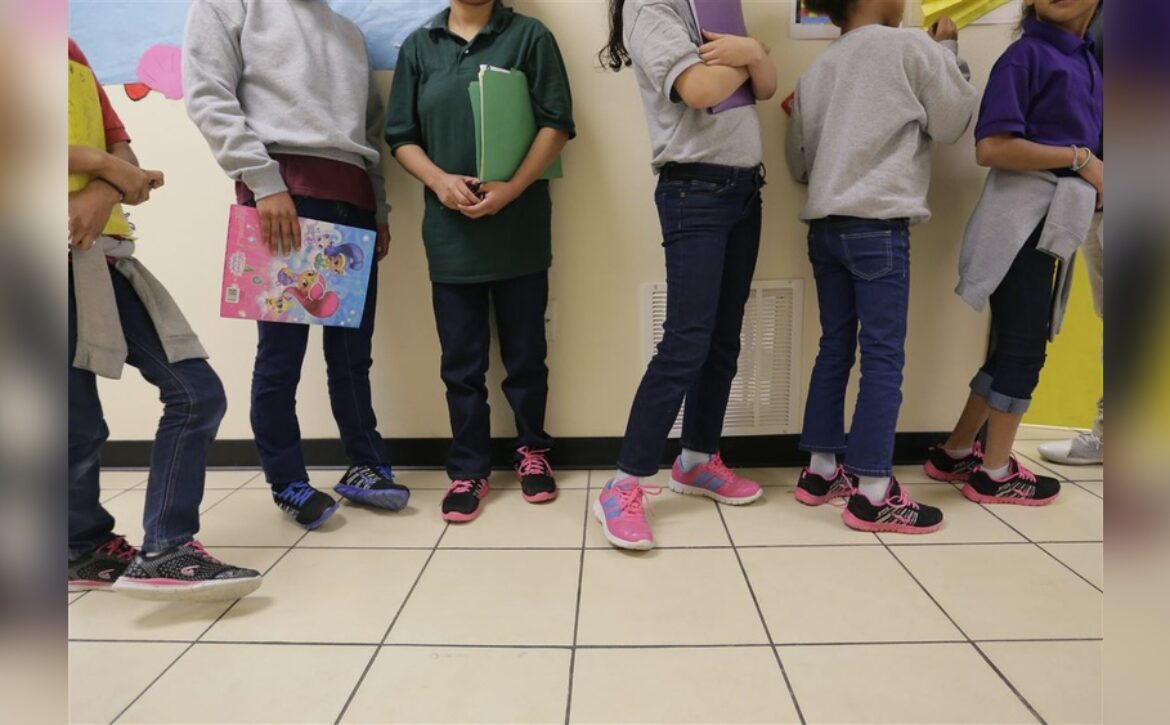
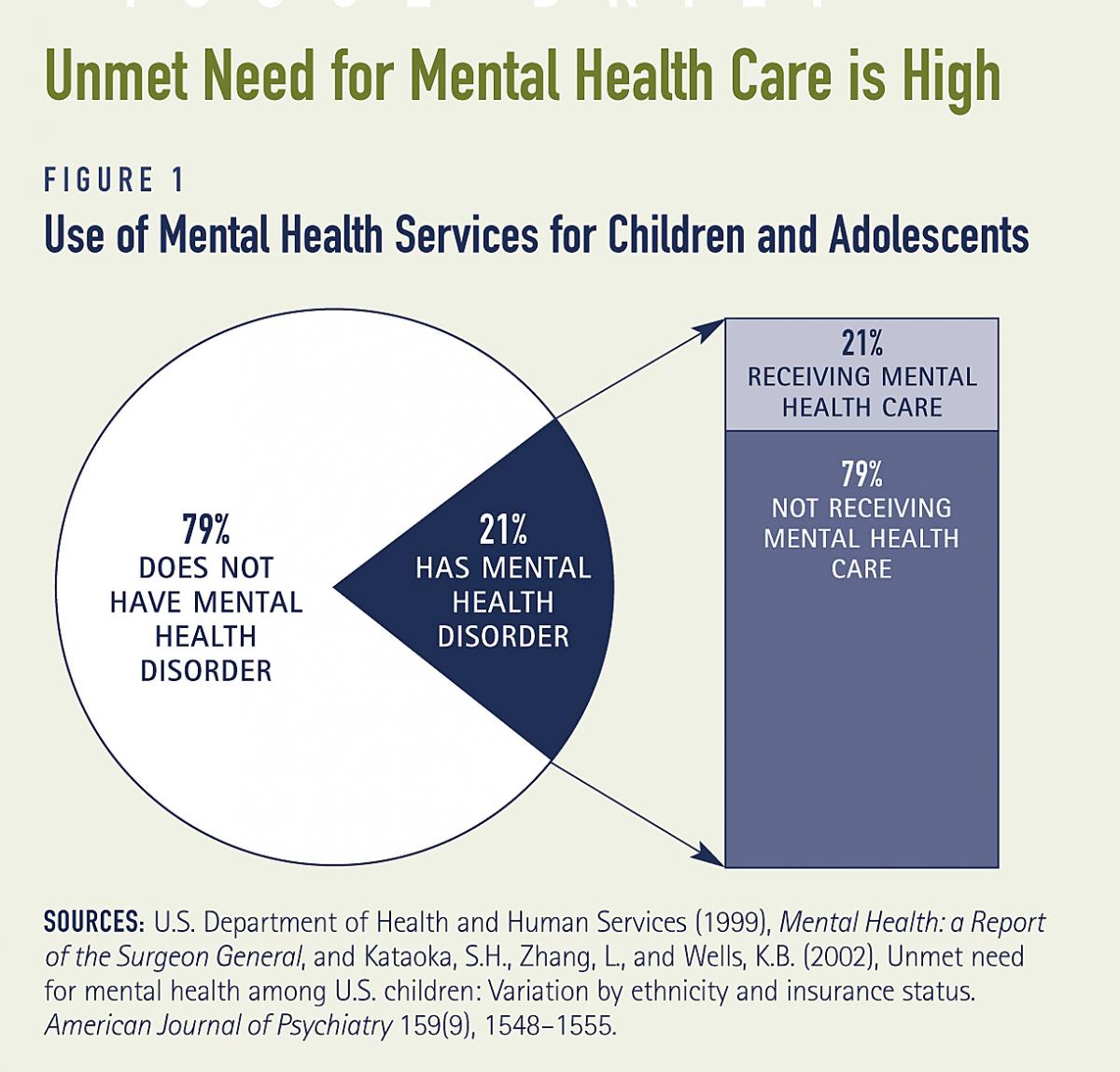





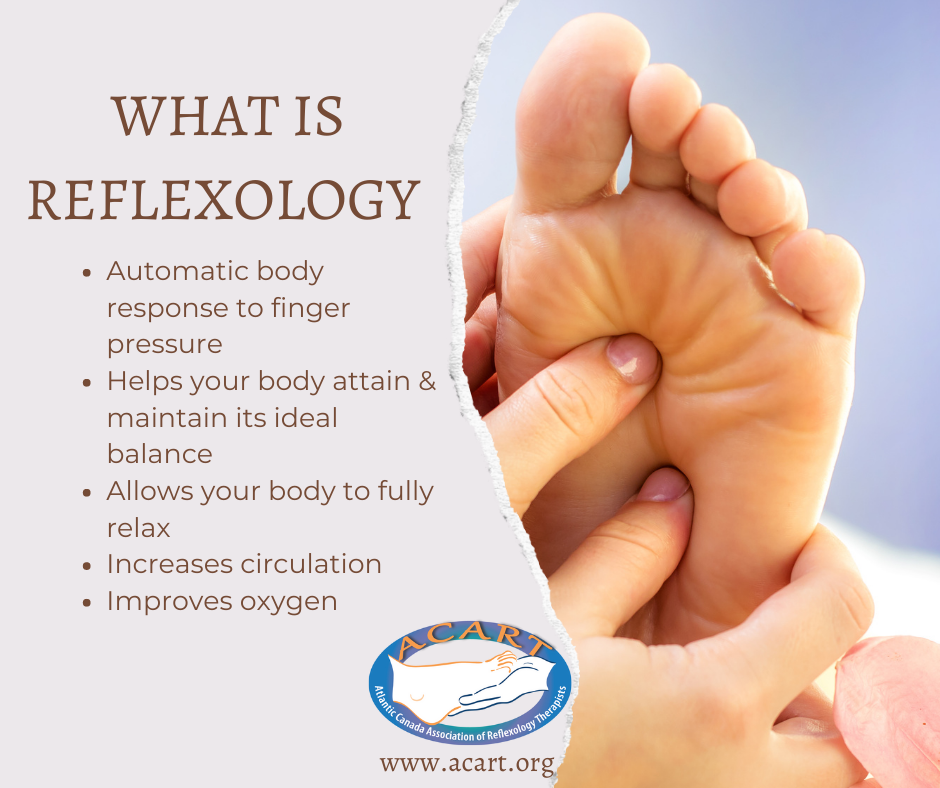



:max_bytes(150000):strip_icc()/childhood-depression-1066805-e4d630dd8c5e47c2ac1d40cd5cb20c24.png)
